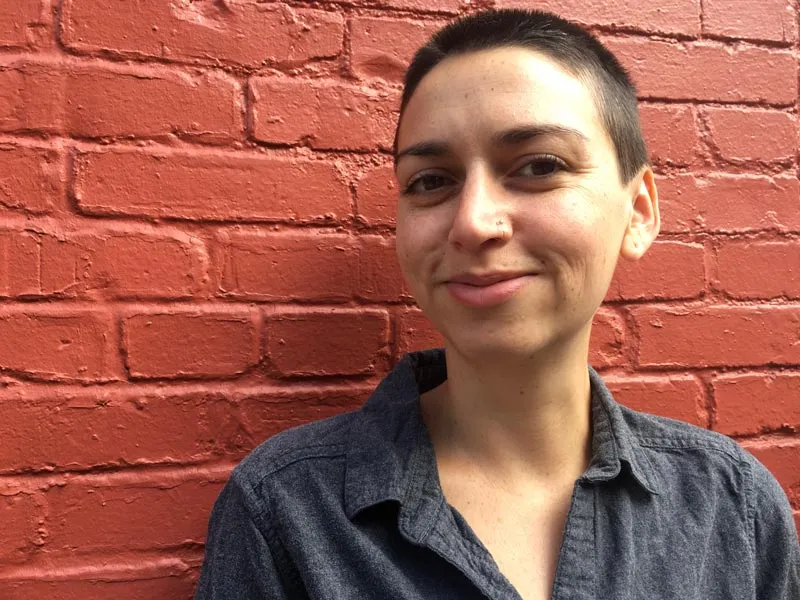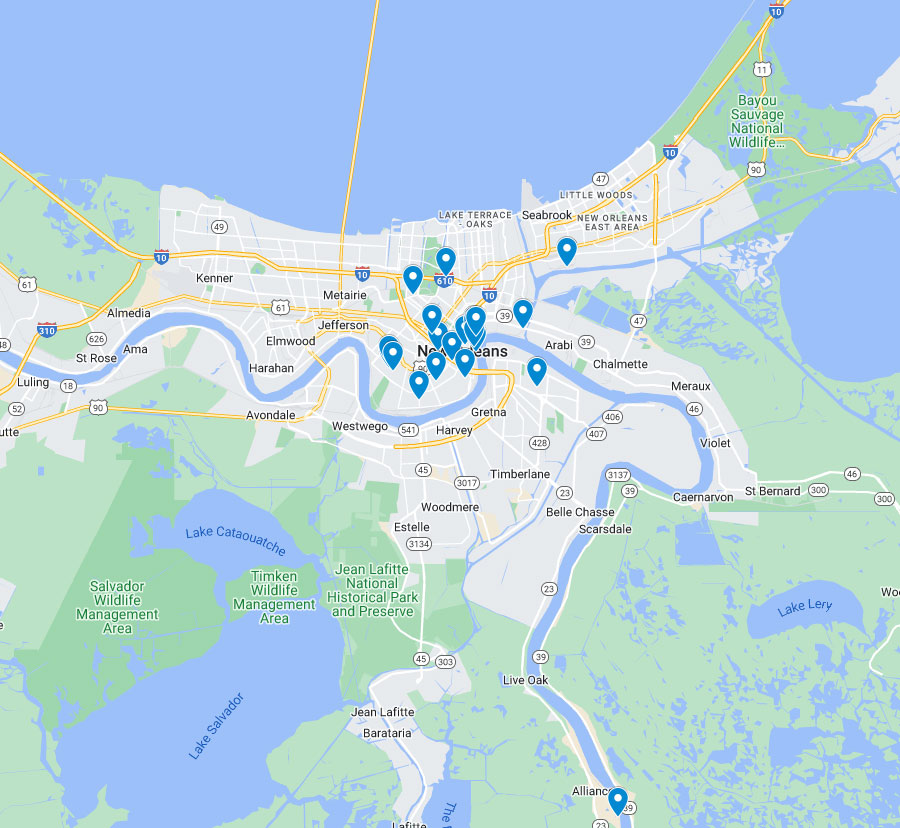
Biography
Simi Kang is a Sikh American community advocate, educator, artist, and scholar. Her work centers Asian American collaborative resistance as a site for imagining environmentally and economically just futures in Southeast Louisiana. In collaboration with Vietnamese and Cambodian American commercial fisherfolk, Kang’s community engagement and writing practices reject the imperative for structurally underserved communities to be resilient to extraction, environmental racism, and the violence of the US immigration system.
Kang is Assistant Professor of decolonial, anti-racist, intersectional feminisms in the Gender Studies Department at the University of Victoria, BC. She holds a Ph.D. in Feminist Studies from the University of Minnesota, Twin Cities, and has a scholastic background in Asian American studies, environmental injustice, cultural anthropology, and creative writing
Research
Based on five years of community-engaged participant observation in collaboration with fisheries non-profit Coastal Communities Consulting, Inc. (CCC), my book manuscript, provisionally titled Refugee Environmentalism: Restoration & Climate Migration in Coastal Louisiana, explores the uncertain futures of Louisiana’s Southeast Asian American commercial fisherfolk.
Since their forced displacement from Việt Nam and Cambodia to Louisiana in 1975, my collaborators have watched state leaders justify their environmental sacrifice along the coast. Since 2005’s Hurricane Katrina and levee failures, press, policymakers, and scholars, render Southeast Asian Americans ‘model’ disaster survivors. Given their experiences of being made refugees, decision-makers assume that my collaborators are particularly ‘resilient,’ or successful at survival. Today, this “resilient refugeeism” is tacitly incorporated into restoration projects that seek to build needed coastal land, but that will drastically affect the brown shrimp and oyster habitat fisherfolk rely on. This is clear year after year, as my collaborators stand up at public comment sessions and said “if you get rid of fishing, you get rid of all of us.” To address both fisherfolks’ fear and their exclusion from imperative coastal decisions, Refugee Environmentalism centers the expertise of Southeast Louisiana’s fisherfolk in light of both environmental change and large-scale restoration projects that seek to mend it.


